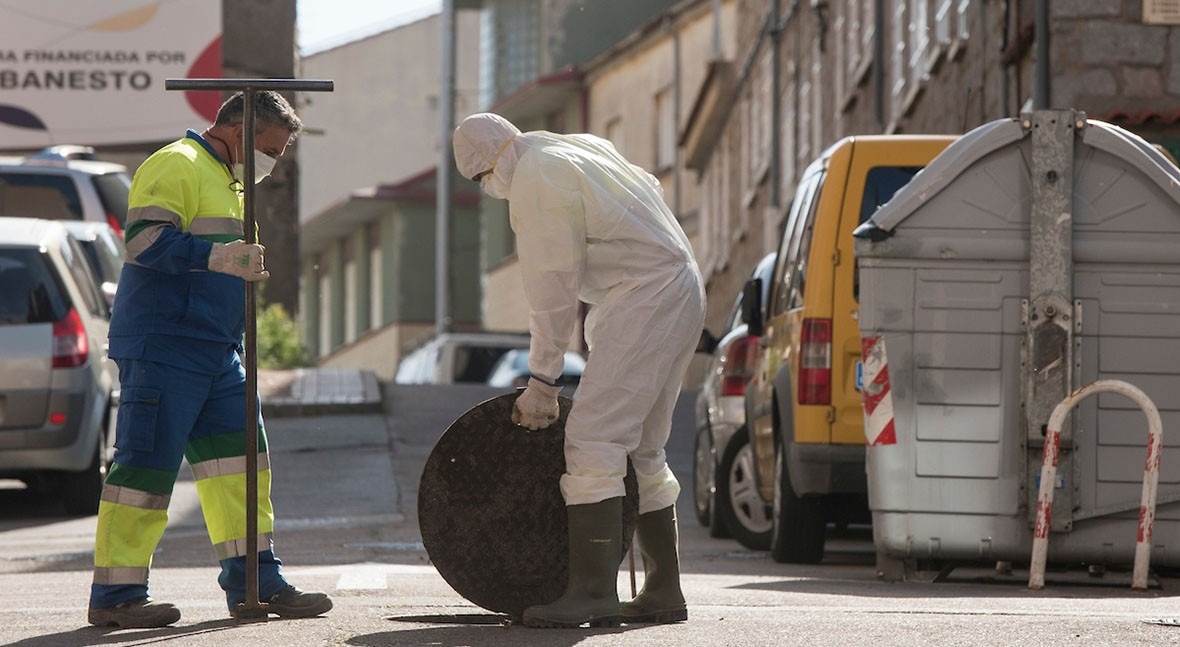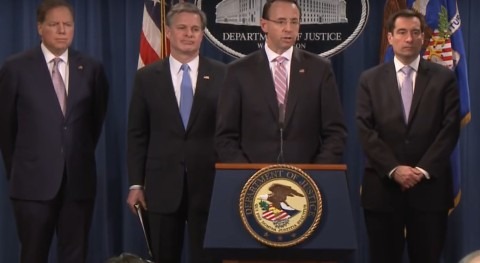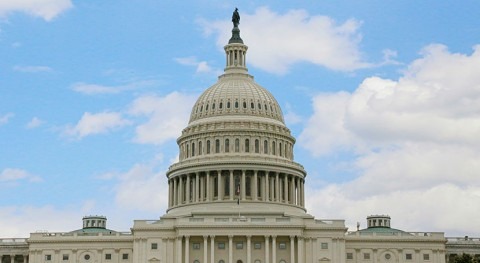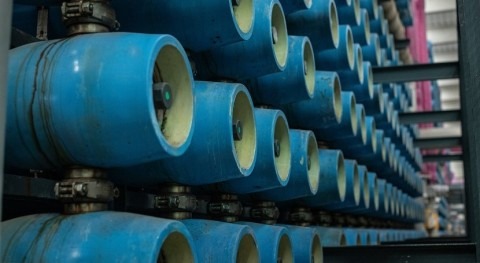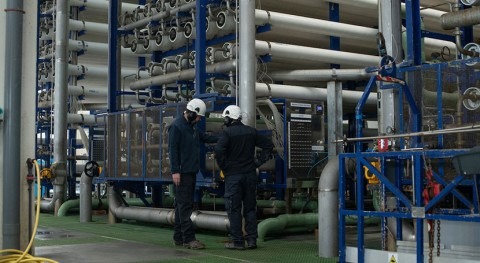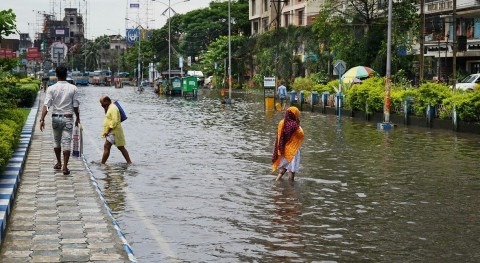Whistleblowing has long been used as a crucial mechanism for uncovering wrongdoing and ensuring accountability, particularly in industries where environmental concerns loom large. In a broader context, a whistleblower is an individual, often an employee, who exposes information or activities within an organization that they believe to be illegal, unethical, or against the public interest. In the context of environmental protection, a whistleblower exposes instances of environmental wrongdoing, such as pollution, environmental hazards, or regulatory violations, often within organizations or industries. As such, whistleblowers play a vital role in holding polluters and regulatory violators accountable, contributing to greater transparency, regulatory enforcement, and the preservation of natural ecosystems and resources. However, they face potential risks such as retaliation or legal repercussions, and many countries have established whistleblower protection laws, each with their unique definitions and procedures. For instance, the EU adopted a Whistleblowing Directive to protect persons who report breaches of Union law in 2019, whereas in the U.S. there are many such laws in place at the federal, state and local levels.
In the water sector, where the health of ecosystems and communities hinges on responsible management and stewardship, whistleblowing plays an indispensable role in safeguarding our most precious resource. In the UK, where water companies have found themselves under public scrutiny due to mounting concerns over environmental pollution stemming from sewage discharges, specific whistleblowing mechanisms could have an interesting role to play. The environmental impact of these discharges, including contamination of waterways and harm to aquatic ecosystems, has sparked calls for greater accountability and regulatory oversight in the water industry.
Whistleblowing has long been used as a crucial mechanism for uncovering wrongdoing and ensuring accountability, particularly in industries where environmental concerns loom large
In Scotland, the Water Industry Commission for Scotland (WICS) – the economic regulator for the water industry, promoting the interests of water and sewerage customers – has an established whistleblowing policy. Meanwhile, the water industry in England and Wales is regulated by four different bodies, each with specific responsibilities and expertise. Ofwat has responsibility for whistleblowing in matters relating to the supply of water and the provision of sewerage services in England and Wales. The Drinking Water Inspectorate has provisions for reporting concerns relating to wrongdoing in relation to the quality and sufficiency of water supply and the security of network and information systems in the drinking water supply sector. Finally, the Environment Agency (EA) is responsible for protecting and improving the environment and promoting sustainable development in England, and these functions are performed by Natural Resources Wales (NRW) in Wales. NRW has its own whistleblowing reporting procedures, whereas the Environmental Agency, recognising the role of whistleblowing in the fight against environmental violations, has just launched a new whistleblowing portal. The report must be in the public interest and involve serious environmental damage regarding companies in different areas, including water, waste, nuclear, agricultural or chemical industries.
The recently unveiled EA whistleblowing portal aims to empower employees to report concerns anonymously if they feel unable to address issues directly with their companies. Alan Lovell, Chair of the Environment Agency, highlighted the urgency of addressing sewage pollution and other environmental threats, stating, "We share the public’s disgust with sewage pollution and know there’s always more that can be done to protect our waterways. This new whistleblowing portal allows workers to raise their concerns, and we encourage people to come forward, knowing any information will be treated in confidence and with sensitivity."
Environment Secretary Steve Barclay emphasized the government's zero-tolerance policy towards pollution, asserting, "This whistleblowing portal is another measure which will help the regulator gather vital intelligence and hold rule-breakers to account."
Protecting water and public health: the legacy of whistleblowers
Indeed, whistleblowing has a storied history of exposing environmental hazards and holding accountable those responsible for endangering public health through the pollution of water resources. Famous cases such as those of Erin Brockovich, Robert Bilott, and the Flint water scandal serve as stark reminders of the critical role whistleblowers play in uncovering wrongdoing and driving meaningful change.
Erin Brockovich's crusade against Pacific Gas and Electric Company (PG&E) in the 1990s brought to light the widespread contamination of groundwater with hexavalent chromium, a carcinogenic chemical. Brockovich's whistleblowing efforts, chronicled in the eponymous film starring Julia Roberts, led to a landmark legal victory for affected residents and heightened public awareness of environmental hazards.
Similarly, Robert Bilott's relentless pursuit of justice in the case of chemical giant DuPont's pollution of water sources with perfluorooctanoic acid (PFOA) underscored the power of whistleblowing to expose corporate misconduct. Bilott's groundbreaking legal battle, chronicled in the film "Dark Waters", ultimately resulted in a $671 million settlement for affected communities and spurred regulatory action to address chemical contamination nationwide.
The Flint water crisis, which erupted in 2014, stands as a reminder of the devastating consequences of environmental mismanagement
The Flint water crisis, which erupted in 2014, stands as a reminder of the devastating consequences of environmental mismanagement. The decision to switch the city's water supply to the Flint River without proper corrosion control measures led to widespread lead contamination, exposing residents, particularly children, to serious health risks. Whistleblowers LeeAnne Walters and Marc Edwards, a concerned resident and a scientist, led an investigation that played a crucial role in bringing attention to the crisis and helped force Gov. Rick Snyder, who had denied there even was a problem, to finally deal with it.
These high-profile cases underscore the importance of whistleblowing in uncovering environmental wrongdoing and spurring action to protect public health and the environment. Both PFAS and lead contamination are now major issues for water utilities in the U.S. and elsewhere.
There are also other cases which fit a more strict definition of whistleblower as an employee. James J. Bobreski, a process control technician at the Blue Plains Advanced Wastewater treatment plant in Wahington, D.C., raised concerns about faulty chlorine gas alarms and the unlawful storage of over 100 tons of liquid chlorine in 1999. Despite his efforts to address the issues, including submitting a report on the failed operations, he was fired in retaliation for his whistleblowing. The court ruled in his favour, ordering the District of Columbia Water and Sewer Authority to pay damages and legal fees, and his disclosures ultimately led to the removal of liquid chlorine from the plant. Furthermore, a precedent setting case was that of Dr William Marcus, a Senior Science Advisor at the U.S. EPA, who lost his position after he documented that the Office of Drinking Water-approved and EPA-backed practice of adding fluoride to the nation’s drinking water supplies could lead to an increase in cancer rates in 1990. He was reinstated and awarded compensatory damages. His case set a national precedent in the U.S. as the first time the Clean Air Act and Safe Drinking Water Act’s whistleblower provisions were used to protect a federal employee.


